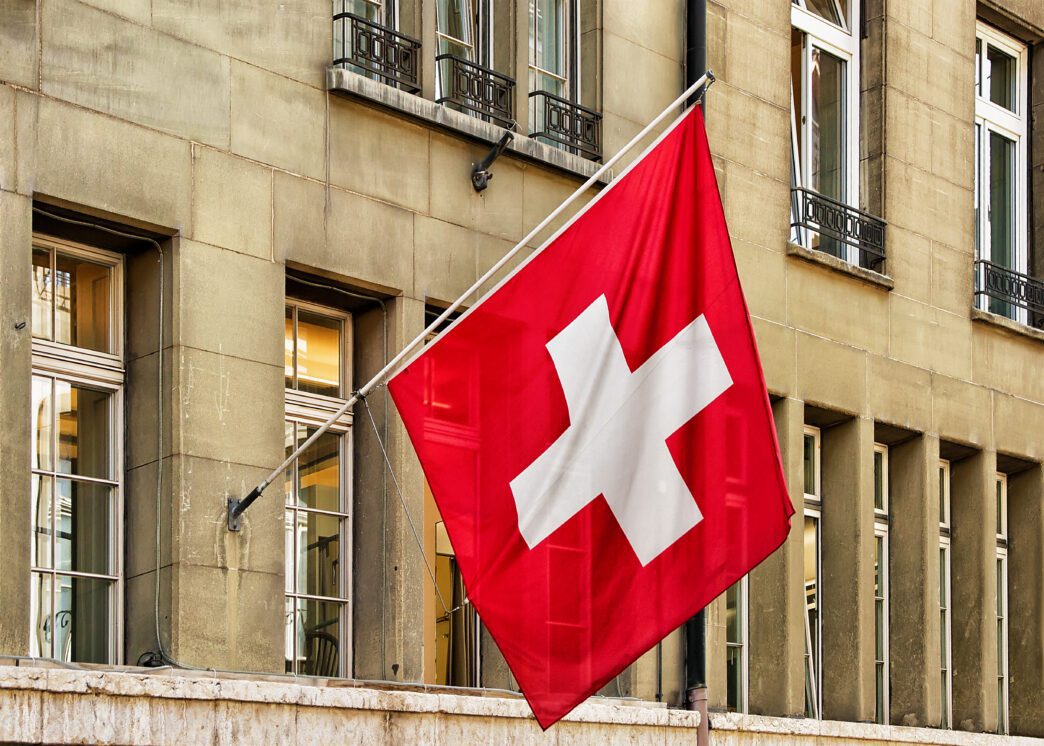Executive Summary
The Story So Far
Why This Matters
Who Thinks What?
The United States and Switzerland have reached an agreement to significantly reduce US tariffs on Swiss imports, with Switzerland committing to invest $200 billion in the US economy by the end of 2028. The deal, announced Friday, follows negotiations aimed at easing the 39-percent duties imposed by President Trump earlier this year, which had caused concerns across various Swiss export sectors.
Details of the Agreement
Under the new agreement, US tariffs on Swiss goods will be slashed from their current 39-percent level to 15 percent. This reduction is contingent on Swiss companies making direct investments in the United States, totaling $200 billion, by the end of 2028. These investments are also slated to include efforts to strengthen vocational education and training programs.
US Trade Representative Jamieson Greer indicated that these investments would involve Swiss manufacturing relocating to US shores, specifically mentioning sectors such as pharmaceuticals, gold smelting, and railway equipment.
Background on Tariff Imposition
President Trump had initiated a 39-percent duty on imports of goods from Switzerland in August, a move that surprised the Alpine nation. This high tariff rate had jeopardized critical sectors of Switzerland’s export-heavy economy, including watchmaking, industrial machinery, chocolate, and cheese.
While the pharmaceutical industry, Switzerland’s largest export sector, had initially enjoyed an exemption on medications, it faced ongoing threats that President Trump might soon target its products with similar duties.
Swiss Industry Reaction
Swiss industry associations have expressed cautious relief regarding the agreement. Swissmem, the association representing the mechanical and electrical engineering industry, welcomed the announcement. However, Swissmem president Martin Hirzel warned that despite the “temporary relief,” vigilance is necessary as “new tariffs could be introduced.”
Yves Bugmann, president of the Federation of the Swiss Watch Industry, stated that the tariff reduction was positive news for an industry grappling with challenges such as an unpredictable Chinese market. He described the prior high tariff rate as “unjustified and caused a great deal of uncertainty.”
Broader Trade Context
The agreement brings Switzerland’s tariff situation closer to that of other wealthy economies like the European Union and Japan, which had previously negotiated lower tariff levels of 15 percent. This disparity had concerned Swiss businesses, fearing a competitive disadvantage.
Last week, leaders from six prominent Swiss firms, including luxury watchmaker Rolex and luxury goods giant Richemont, met with President Trump to advocate for tariff relief. The agreement aligns with President Trump’s broader trade policy, which has seen the imposition of sweeping duties on trading partners globally and on specific sectors like steel, aluminum, and autos since his return to the presidency.
Outlook
The agreement marks a significant shift in trade relations between the two nations, providing relief to Swiss exporters while securing substantial investment for the United States. However, industry leaders remain cautious, noting the potential for future tariff changes under the Trump administration’s broader trade policies.








